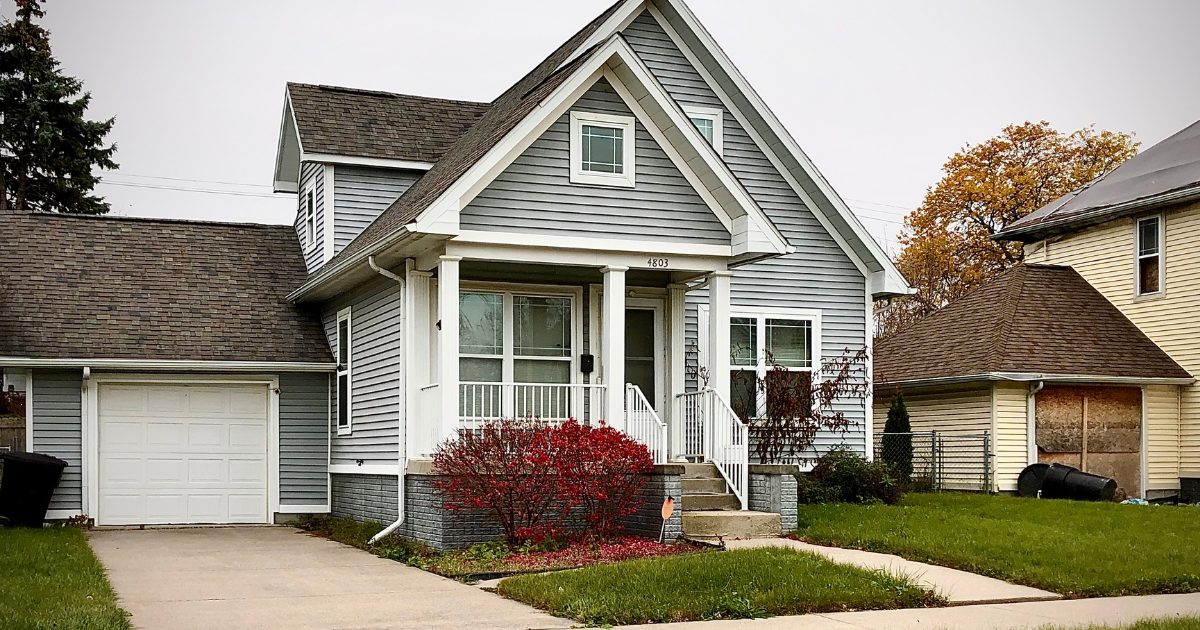
One of the most important pieces of legislation of the year is about to be introduced in Congress. It is President Joe Biden’s $1.9 trillion American Rescue Plan and it includes an additional $25 billion in rental assistance, $5 billion in homelessness prevention and $5 billion in support for utilities. What it does not include is any direct assistance for homeowners – a major oversight – but one that can, and hopefully will, be addressed.
One need look no further than President Biden himself as our most articulate advocate. “I understand that many of my fellow Americans view the future with fear and trepidation,” he said in his Inaugural Address. “I understand they worry about their jobs. I understand, like my dad, they lay in bed at night, staring at the ceiling, wondering: Can I keep my health care? Can I pay my mortgage? Thinking about their families, about what comes next. I promise you,” he said, “I get it.” Never before in American history has a president expressed so clearly and personally the need to help America’s homeowners. And this sentiment wasn’t in his prepared remarks. It was in his heart.
This week, 38 major housing industry, civil rights and community advocacy organizations signed a letter to President Biden in support of $25 billion for the Housing Assistance Fund, which would be modeled on the Hardest Hit Fund, accounting for important lessons learned during the Great Recession. The letter was signed by a group “across the political spectrum” that ranged “from the National Association of REALTORS® and the Mortgage Bankers Association on the industry side to the National Urban League and the National Community Reinvestment Coalition on the advocacy side,” Politico noted. Other signers included Habitat for Humanity International and the Housing Policy Council, whose members include JPMorgan Chase & Co., Wells Fargo and Quicken Loans.
One reason that this assistance is so important is because there are currently 3.8 million homeowners who are past due on their mortgage, according to the Mortgage Bankers Association. Census Bureau Household Pulse Survey data for the period spanning Dec. 9 through Dec. 21 indicates that over half of these homeowners are people of color. One in five Hispanics and nearly a quarter of all Black mortgage holders reported being late on their mortgage.
The letter was drafted by the Black Homeownership Collaborative’s steering committee. As we said in the letter, the Collaborative and its stakeholders “are committed to increasing homeownership rates for all people of color and closing the homeownership gap, but we cannot do so when we continue to lose more homeowners to COVID-19-related financial hardships.”
In combination with the additional funds for rental assistance, this money will go a long way to keeping housing markets healthy and stable. Some have asked why we need money for homeowner assistance when homeowners have access to mortgage forbearance with the possibility of deferring missed payments to the end of their mortgage term. It’s a reasonable question. The answer is simple. Homeowners should not have to pay for their own relief. And while some neighborhoods have seen home values rise over the past year, most vulnerable homeowners have seen their values remain flat or fall.
Proposing isn’t passing, and that’s where all of us have a lot of work to do. This weekend, President Biden’s National Economic Council Director Brian Deese is reportedly meeting with a bipartisan group of Senators known as the “Sweet Sixteen.” Preaching to our own choir isn’t going to convert anyone, so all of us need to reach out to Republican Senators, their staffs and their influential supporters to make the case for providing help now. They should be reminded that most of the people who lost their homes during the Great Recession lost them after 2009.
We have a unique opportunity to avoid a disaster before it happens, and save many more billions of dollars in the cost of cleaning it up if we don’t act. There will be much debate over many aspects of how to respond to the pandemic recession, but there should be broad bipartisan support for housing. Our own work demonstrates the ability to reach across traditional lines. It’s time to help Congress do the same.

